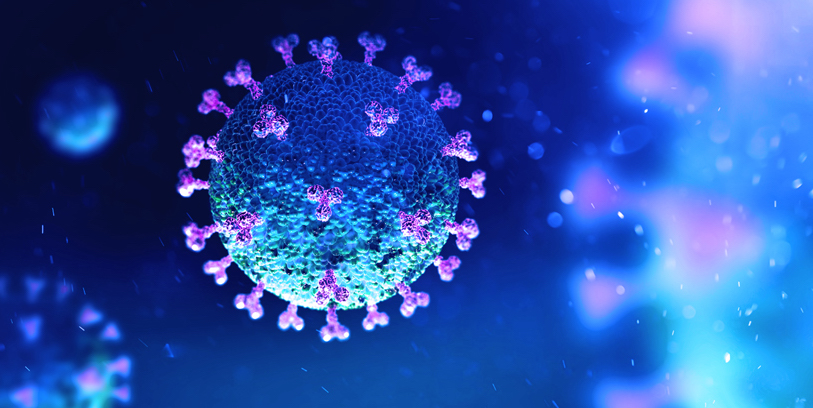According to a published research paper from Rutgers University published in The Journal of Infectious Diseases, most people infected by COVID-19 develop antibodies and its production varies based on severity of symptoms. People who suffered severe or long-lasting cases of COVID-19 are more likely to have high levels of a significant antibody needed to fight against future infection.
A part of Rutgers Corona Cohort study, the published paper, ‘Determinants and dynamics of SARS-CoV-2 infection in a diverse population: 6-month evaluation of a prospective cohort study’, which followed 548 healthcare workers and 283 others from the start of the pandemic.
The study found that, within six months of the start of the study, more than 93 of the total 831 participants – 11% tested positive for SARS-CoV-2, or for antibodies. Out of 93, 24 were severely symptomatic and 14 were asymptomatic. One-third of the infected participants had symptoms, like fatigue, breathing issues and loss of taste and smell which lasted at least a month; 10% had symptoms that last at least four months.
The researchers found that 96% of participants who had severe symptoms were found to have IgG antibodies compared to 89% with mild to moderate symptoms and 79% who were asymptomatic.
The study involved people before they were diagnosed with SARS-CoV-2 infection and evaluated people across a spectrum of illness severity, providing broader insight into antibody response over the long term.












